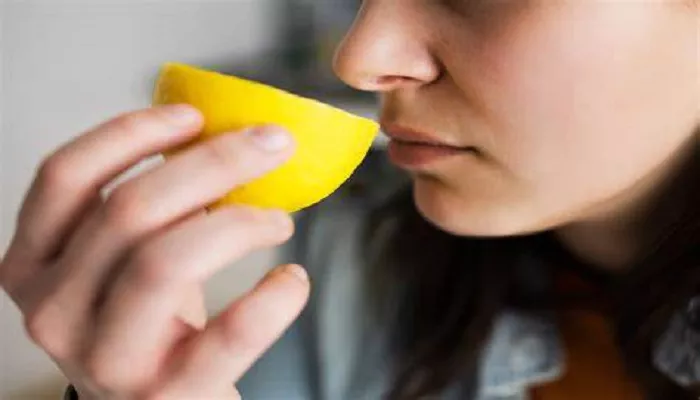On January 5th, an article in The Times of the UK, titled “How Does Smell Affect Political Views?”, delved into the often – overlooked sense of smell. Swedish psychologist Jonas Olovsmann, an expert on odors, argues in his new book The Forgotten Senses that we live in a “visual age.” A survey shows that fewer than 1% of Britons consider smell to be their most important sense.
This disregard for the sense of smell stems from ignorance. In his book, Olovsmann challenges the long – held belief that humans have a poor sense of smell. This misconception dates back to the 19th century, when scientists tried to distinguish rational humans from animals driven by instinct. In the past decade, however, olfactory science has made significant progress. Humans have proven that their olfactory potential rivals that of rodents. For example, they can detect the difference between male and female fruit flies that have drowned in wine.
While dogs still outperform humans in terms of smell, human olfaction has its limitations. Unlike dogs, humans can’t always determine the exact source of every smell. Also, human olfaction is influenced by cultural context, likely due to brain structure. The areas in the brain that process smell are directly connected to the memory areas. This means that the sense of smell largely bypasses abstract, text – based thinking. When trying to identify the components of a smell, it’s difficult for us to systematically search our odor memory and break down complex smells into individual parts.
Because the brain’s olfactory area is close to the memory center, specific smells can easily trigger emotional memories. The French writer Marcel Proust, for instance, was so affected by the smell of Madeleine cakes soaked in Bodhi tea that he wrote about it in In Search of Lost Time. Scientific research shows that much of our olfactory memory is formed between the ages of 6 and 10, which contrasts with the “memory peak” that usually occurs during college years.
Olovsmann also debunks several myths in his book. He disputes the idea that human pheromones are linked to sexual attraction. Instead, he believes that people’s attraction to a certain smell usually comes from associations. For example, the smell of milk can trigger a baby’s sucking reflex, and lavender is naturally associated with relaxation, which is the principle behind perfume therapy. He also addresses the claims of “chemical – sensitive” people. About 10% of adults say they have medical – level reactions to specific odors, even though their sense of smell isn’t particularly sharp. These people are often sensitive to noise and more anxious. They don’t need to fix their olfactory system but rather undergo cognitive and behavioral treatment.
Surprisingly, an intolerance to odors seems to be related to political views. Olovsmann found a link between authoritarianism and psychological sensitivity. People who dislike strangers, have a negative view of refugees, or prefer strong leaders may particularly hate body odor. This connection may stem from a latent fear of infection.
Olovsmann’s latest research offers an engaging look at modern olfactory science. He highlights the link between olfactory disorders and depression and shares the experiences of patients who lost their sense of smell or had psychological issues after the pandemic. He suggests that smelling one or two familiar scents every day can help improve the situation. “Although not everyone can get formal olfactory training, I hope that when you wake up and smell the aroma of coffee, you’ll realize how important the sense of smell is,” he writes in his book.
Related topics


